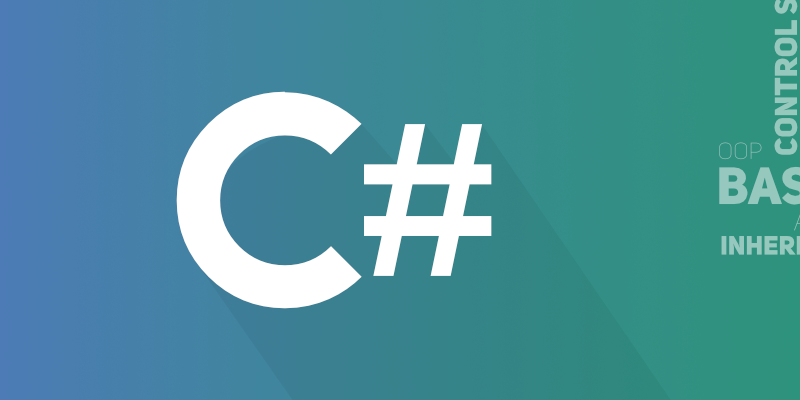The C# language is the favored design for backend programming and mechanization in Windows conditions. C# is only one of the .NET dialects, however its C-style punctuation is significantly more mainstream with developers who are utilized to dialects like Java or C++. In the event that you choose to fabricate your framework utilizing C#, here are a few upsides and downsides that you could experience.
Pros
C# has a few experts, which is the reason it’s a particularly basic language in many Windows advancement projects.
In the first place, it incorporates well with Windows. You needn’t bother with any extraordinary arrangements to get a C# program to run in your Windows climate. Regardless of whether it’s a web application, a Windows administration, or a work area application, C# programs are effectively conveyed on the organization. However long the objective worker or workstation upholds .NET, your C# program organization ought to be a smooth progress from improvement to creation.
Then, C# is not difficult to track down extra designers whether it’s for an agreement or full-time premise. On the off chance that your business develops and you need extra engineers, C# is one of the basic dialects developers learn. It likewise has extremely close language structure with Java, so you can for the most part discover a designer who gets Java (for versatile programming) and C# (for backend administrations) simultaneously.
On the off chance that you have a group of engineers, Microsoft has made it simple for a group to cooperate on one undertaking. Visual Studio has incorporated apparatuses for change control and code consolidates. Microsoft offers Team Foundation Server renditions of its product and Enterprise alternatives for huge advancement groups.
At long last, C# is an assembled language, which implies that the code put away on a public-confronting worker is in twofold structure. In the event that your worker gets hacked, the programmer doesn’t consequently approach your source code. With other regular dialects like PHP, the programmer accesses source code, which could then give him admittance to data set passwords. With C# programmer must decompile or “break” your product before he can see the basic segments.
Cons
C# is an extraordinary language for big business applications, however it has a few weaknesses.
In the past area, assembling the code was referenced as a “expert.” It is a benefit, however gathering code additionally has a few impediments. It’s substantially more hard to work with since your code should be arranged each time you make even a minor change. In the event that you change one letter in your code, you should recompile the entire application and convey it once more. This regularly prompts added bugs if a minor change isn’t completely tried.
Since C# is a piece of the .NET system, the worker running the application should be Windows. All in all, any .NET application needs a Windows stage to execute. Numerous new organizations work with Linux workers since it’s a lot less expensive climate. You need Windows facilitating to run a .NET application.
Microsoft quits supporting more seasoned .NET structures after a couple of working frameworks updates. For example, more seasoned Windows 2000 workers can just help .NET 2.0 applications. While having an old working framework introduced appears to be a mix-up, numerous undertaking associations keep more established working frameworks due to the numerous issues that an overhaul can bring to the stage. Significant moves up to worker design should be tried and affirmed before arrangement, which adds time and expenses to advancement.
In the event that your association utilizes Windows workstations and workers, .NET is the most straightforward to coordinate. C# can be utilized for computerization, for example, Windows Services or web applications. It’s appropriate for Windows conditions, and it’s useful for versatility during business development. The experts for C# far exceed the cons, which can be dealt with the correct organization arrangement.








